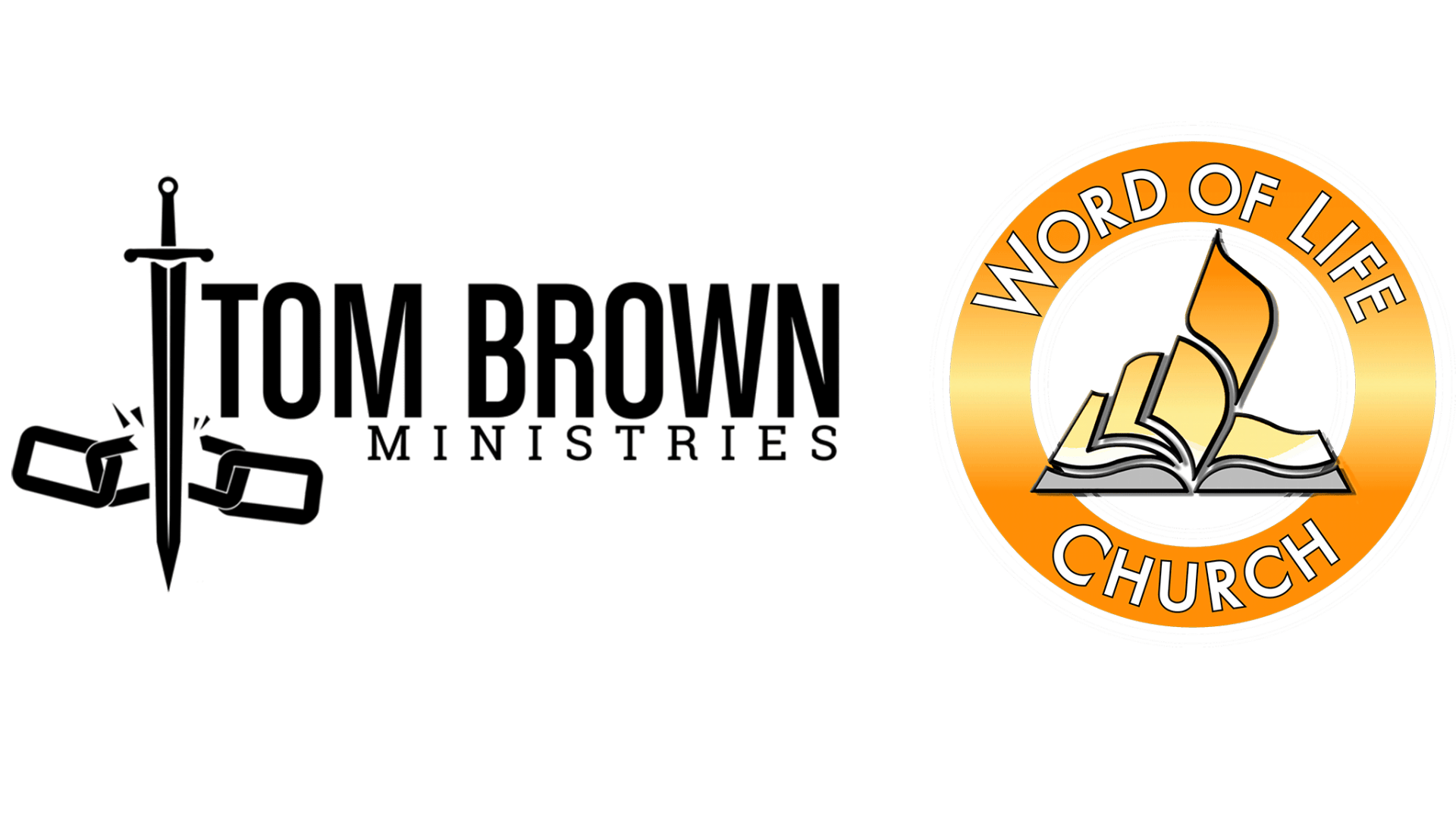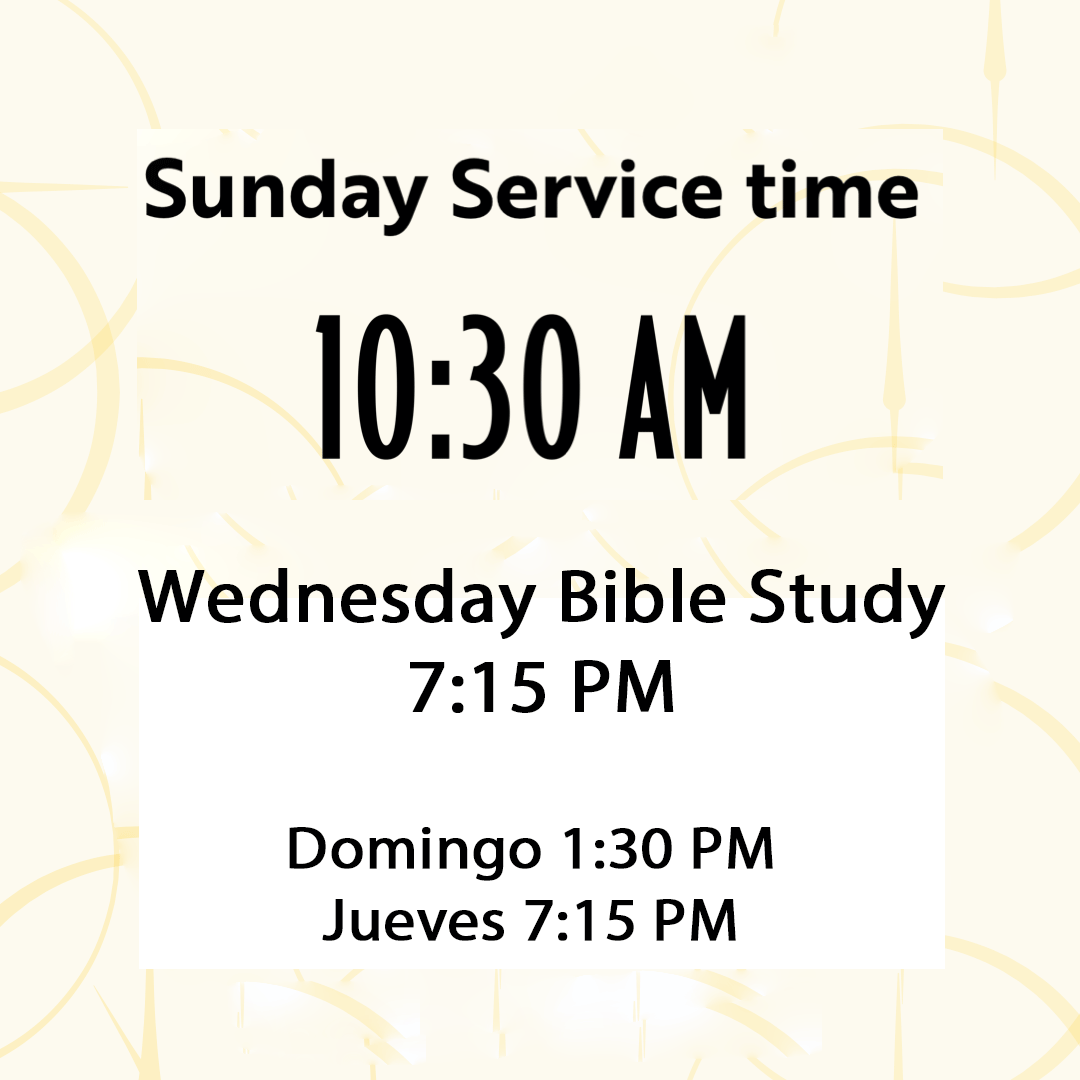Boldness in Prayer
One of the greatest qualities necessary to get your prayers answered is “boldness.” Hebrews 4:16 affirms this: “Let us therefore draw near with boldness unto the throne of grace, that we may receive mercy, and may find grace to help (us) in time of need” (Heb 4:16, ASV). Even Abraham was quite bold in talking with God, “Now that I have been so bold as to speak to the Lord, though I am nothing but dust and ashes” (Gen 18:27). You do not have to be arrogant to be bold; you can still be humble while at the same time be bold.
Unfortunately some people associate boldness with being “brazen” or “forward” or “presumptuous.” Boldness is not the same as these qualities. To be brazen is to be proud to flaunt one’s sin, such as a prostitute very proud of what she does and doesn’t mind telling people. To be forward is to think you and your needs are more important than other people and their needs. And to be presumptuous is to be overconfident and act beyond God’s Word or one’s level of faith, such as someone borrowing more money than they should so God is forced to take care of their needs. None of these things are boldness.
Jesus explains the characteristic of boldness regarding prayer. Jesus taught the necessity of boldness if we are to see results from our prayers. He said there was a friend who needed some food for some guests who arrived late, so he came to his friend at midnight and began to knock on the door. Jesus said, “Though he will not get up and give him bread because he is his friend, yet because of the man’s boldness he will get up and give him as much as he needs” (Luke 11:8). Boldness is essential in getting answers to prayers.
Boldness is courage. It is daring to trust God to keep His promise to us. It is not going beyond God’s promise, but standing confidently on God’s Word. I have discovered there is one important understanding that a believer must have if he is to have boldness and that is he must understand that he is righteous in God’s sight. He feels a sense of equality even though he knows God is greater than him. Righteousness is a gift that gives us this confidence.
Reverend Kenneth E. Hagin said, “A lack of understanding of righteousness holds more people in bondage than perhaps anything else. Not understanding righteousness almost cost me my life.” Kenneth was born with a deformed heart, an incurable blood disease and became paralyzed. However, at the age of sixteen the Bible gave him hope to be healed. He started to read the Bible and discovered that God answers prayers. As he crossed referenced the subject of prayer, he came to the passage in James 5:15 about the prayer of faith will save the sick. His heart leaped for joy because this is exactly what he needed to hear. As he continued to read, he came to the passage that says, “The effectual fervent prayer of a righteous man availeth much” (James 5:16, KJV).
He says the devil took advantage of his lack of understanding true righteousness. While he did not know it was the devil talking to his mind, he thought, “Oh, no, I can’t pray the prayer of faith and be healed, because I am not a righteous man.” At that time he remembered all the bad things he did as a boy, and as he remembered his misdeeds he began to sob, “Oh God, if I could only live longer I could perhaps become a righteous man someday.” But he feared it would be too late. He closed the Bible in discouragement.
Months later while being confined to his bed because of his illness, he tried the Bible again. He picked up to the place where he last read and proceeded to read the next verse: “Elias [Elijah] was a man subject to like passions as we are, and he prayed earnestly that it might not rain: and it rained not on the earth by the space of three years and six months” (James 5:17, KJV). He thought since Elijah was the example of a righteous man he would study him in the Bible. He was surprised in what he found out. He saw how on numerous occasions Elijah failed God, especially concerning Jezebel. Instead of being willing to confront her, he ran for his life in fear. The more Kenneth read about Elijah the more he noticed that he made mistake like everyone else. Then it dawned on him what James said, “Elijah was a man subject to like passions as we are.” That was a fancy way of saying that “Elijah was a man just like us.” At that point, Kenneth realized that being righteous is not the same as being sinless.
So he studied more about righteousness and discovered that through the blood of Jesus Christ all believers have become righteous in God’s sight. One scripture in particular helped him, “God made him who had no sin to be sinfor us, so that in him we might become the righteousness of God” (2 Cor 5:21). He figured if he had become the “righteousness of God” he could not have a better righteousness. How can you get something better than God’s own righteousness? At this revelation, Kenneth Hagin in boldness told the devil to get his hands off his body, and claimed his healing. A few months later all his symptoms disappeared and he was healed by the power of God. He continued to live out a long life until he went home to heaven at the age of 86.
One of the greatest needs of the hour is to understand righteousness. So what is righteousness? It is “right standing” before God. When a person stands trial in court and is pronounced “not guilty” then the person is in right standing before the judge and is released from the allegation, and all charges are dropped. This is what Christ did for us at the cross. By bearing all of our sins He took away the charges against us and nailed them all to the cross. When we come to Christ and make Him Lord, His righteousness becomes ours.
Yet too often we associate righteousness with good works. While good works are important it is not the same as righteousness. Paul makes clear the differences between works and righteousness: “Now when a man works, his wages are not credited to him as a gift, but as an obligation. However, to the man who does not work but trusts God who justifies the wicked, his faith is credited as righteousness” (Rom 4:4-5). Notice that his faith is “credited as righteousness.”
Many of us can relate to “credit.” It is money that is forward in advance to you. You do not have it in your hand, but you can buy anything you want with credit. The same is true with righteousness. We may not look like we have righteousness—because we recognize our present sins and weaknesses—yet, like credit you can use righteousness in prayer. Do not focus on your sins, because if you do, then you will lose the sense of righteousness that is yours.
Today some people use “debit cards.” This means they have to have the money in the account before they can use the cards. The debit cards act more like checks, where you must have the money in the account before you can use it. I think many treat righteousness more like “debit cards.” They consider how they are presently living—if they are doing good works—then they feel they are righteous and so they pray boldly. If they have failed recently, then they feel like they are not righteous until they can make up for their bad deeds by doing good deeds. Does this sound like you?
Faith is not “debited” from your account of righteousness but it is “credited” to your account. You do not have to have enough good deeds presently to be righteous. Quit using your faith as a debit card and see it more as a credit card. You don’t have to have enough good deeds in your life to see yourself as righteous. You can tap into the credit. You know one day that you will be like the Lord, so instead of waiting for that day, tap into your credit now and claim all the benefits that would be yours if you were just like the Lord. How bold would you be if you lived just the way Christ lived? Ah, you would be very bold. Well, you can be bold today by using your faith a credit card and use the credit that is in your account in heaven to receive the blessings now.

